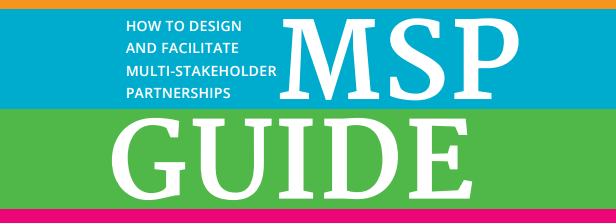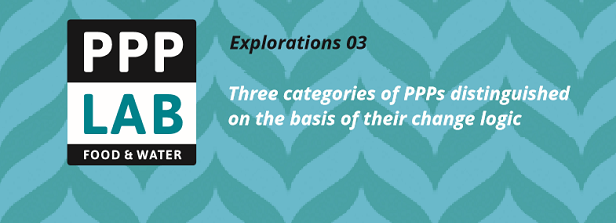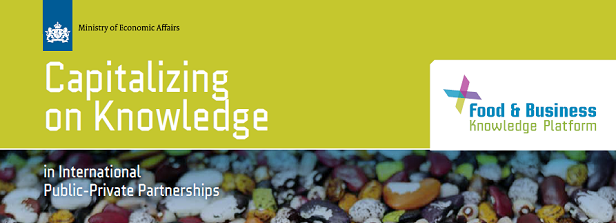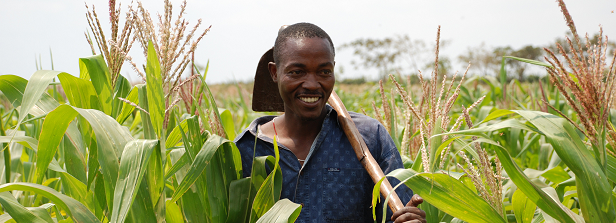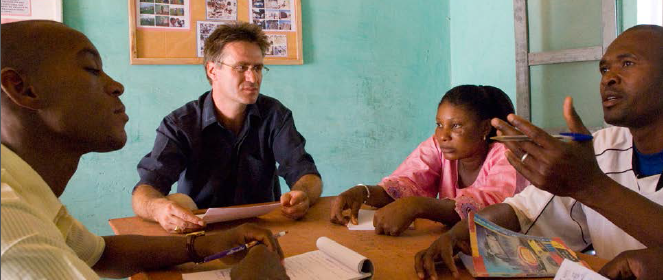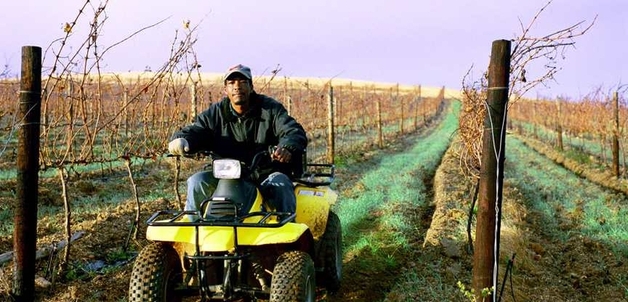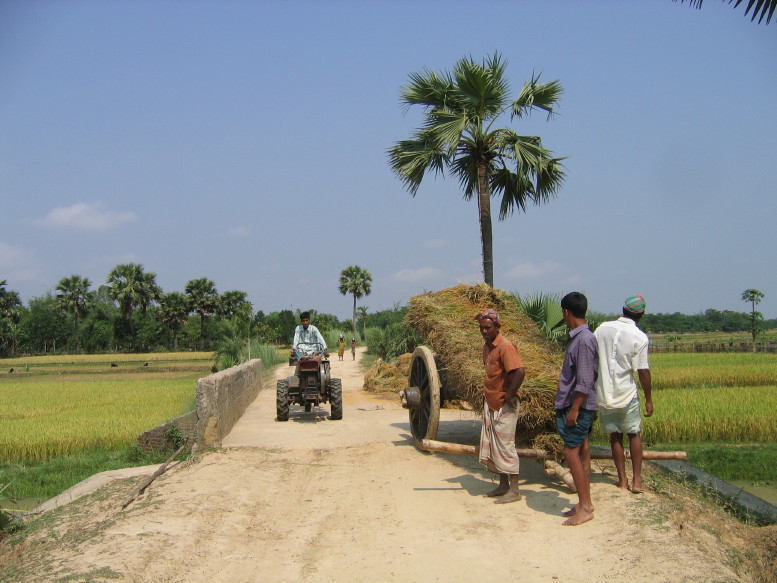Partnerships for Food Security
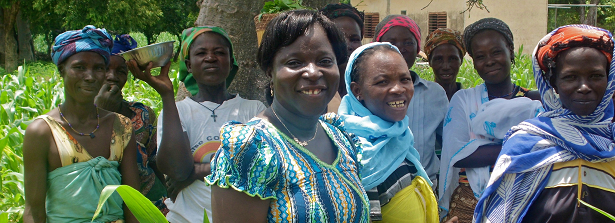
Nowadays, much of the funding for food security projects and programmes is passing through partnerships between different organizations. There are several types of partnerships, each with their own type of cross-sector collaboration: public-non-profit, public-private, private-non-profit, tripartite, and multi-stakeholder partnerships. Within these categories, again, one may find a wide variety of types of partnerships.
A widely-shared expectation is that such partnerships are among the most effective mechanisms to foster development, including in the particular area of food and nutrition security. For example, through partnership constructions the aim is to more effectively address the participation of new actors like emergent small farmers, resource sharing and learning at systemic levels.
The assumption is that partnerships would improve food and nutrition security and the inclusiveness of food markets. However, the real impact on food security and food markets is still not clear. Most research is based on the management level of partnerships. Therefore the F&BKP will focus on knowledge development and sharing and deepening the knowledge in the following areas:
- Generating impact on food and nutrition through partnerships. What socioeconomic and environmental impacts can such partnerships achieve? How can partnerships improve their impact and do more than just deliver outcomes? In this perspective, scaling-up and scaling-out are key.
- Creating social impact by combining bottom-up and top-down approaches. This will, include a focus on inclusive partnerships and collaboration with local actors. Most partnerships are quite top-down – there is funding available and established organizations, businesses and institutes are forming partnerships to meet the goals of the proposal guidelines. However, local actors are often marginally involved. What is the best way to improve social impact by combining both approaches?
- Effective partnership management. This involves creating mutual understanding, mutual respect, and focusing on joint problem-solving and partner relationship management. It is very practical and tries to bridge the different cultures within the partnership. There are already lots of lessons learned here which need to be incorporated in the knowledge agenda on cross-sector partnerships. These can also be used to establish a more bottom-up and participatory management structure within partnerships.
The F&BKP will give international networks and organizations the tools to share and discuss new insights, approaches and lessons learned and best practices. These will be in the form of online debates, papers and reports, and expert meetings and conferences. The Platform will reflect on the Dutch and international policies, for example by debating the assumptions that underline them. The synthesis of such debates will be provided in a policy paper with recommendations to improve Dutch policy.
The Platform is also the place where partnership initiatives and programmes will organize a learning process and deepen knowledge development. The sharing of experiences and comparing them with others is important to improve current partnership initiatives. The F&BKP, for example, will work with the Dutch Partnership Facility of the Ministry of Foreign Affairs on Sustainable Development and Food Security (FDOV). Forty partnerships have recently agreed and the Platform will work together with all of them to define knowledge gaps and demands for improvement.
The aim is to furthermore identify innovative partnership models. Best practices on inclusive partnership models and impact measurement will, for instance, be showcased on the website. And finally, the F&BKP supports networks to define their own knowledge agenda and to feed future research calls.
